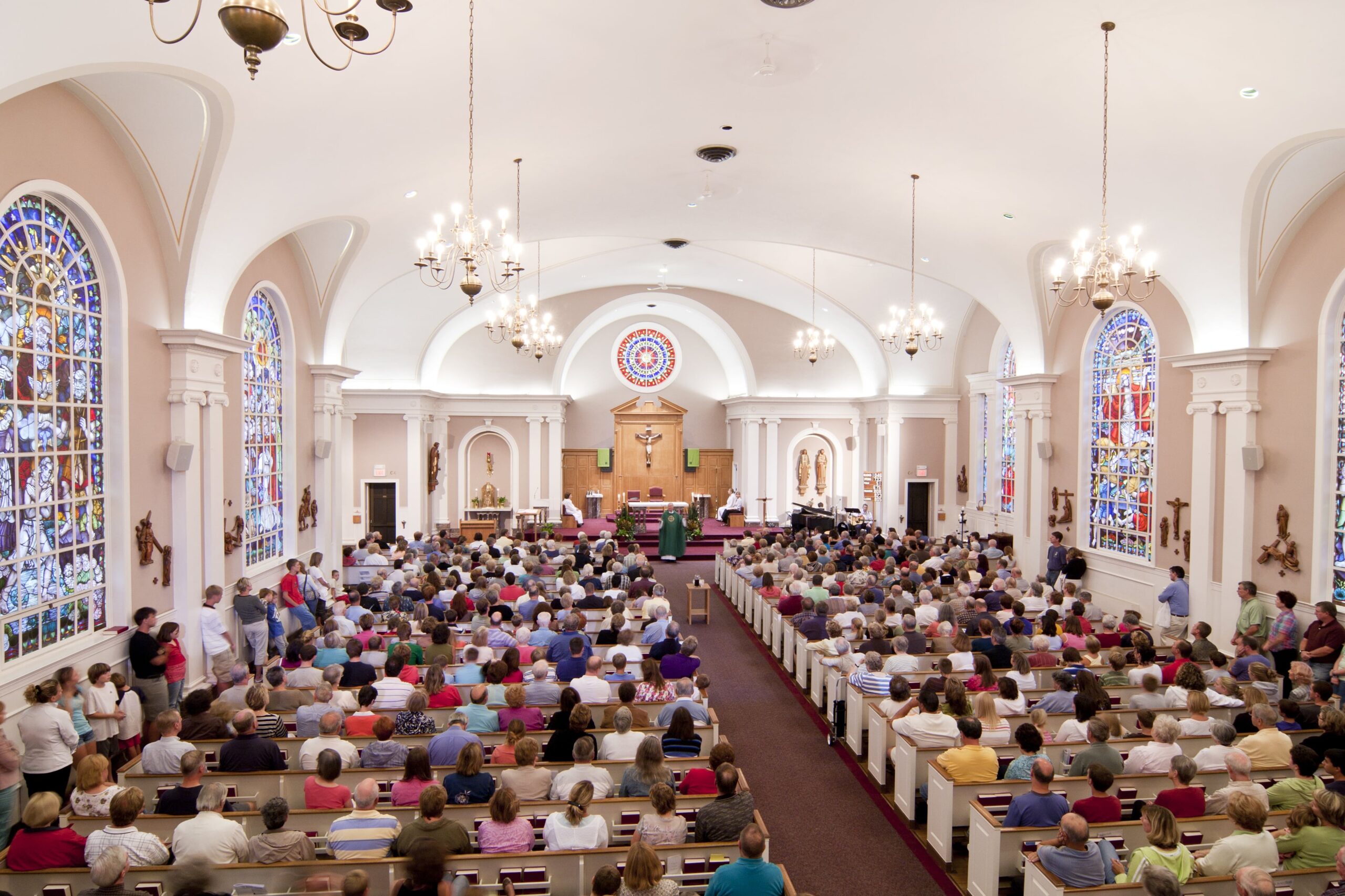In this second part to our four-part series, we address one of the top priorities those in ministry must have: people. Although it may seem obvious, often times we who are church leaders do not plan our time well enough to allow for the many needs that our church members will have both practically and emotionally. It is our duty as people chosen by God to be available when our people face trials and times of suffering.
But how do we fit it all into our already over-scheduled day? By prioritizing several key times when we are needed the most, we can avoid the temptation to hurry past those demanding our time. There are times when no other single person can minister the way in which we have been uniquely gifted by God to minister. Therefore, our schedules must be open and flexible, allowing plenty of time to be the hands, feet, and word of our Lord to those who come seeking His face.
Time to listen.
One of the deepest needs people in our churches face today is the need to feel heard. This fast-paced world is so busy with activity and crisis and work that many people never find the time to express the feelings and emotions that accompany life’s events. They never find time to process daily happenings and wade through life’s problems alone. As church leaders, it is not only our job, but also our calling to carve time out of our own schedules to sit with people in their times of need and hear from them. The simple act of listening to our church members shows the love of Christ to those in pain, in confusion, or at a crossroads in their lives. The temptation for busy church leaders, however, is to neglect the time needed for listening and move on as quickly as possible to the counseling. Sometimes, our listening is not listening at all; our minds race with answers and guidance we can give. We try to get these dear people out of our offices quickly so we can get back to seemingly more important matters. We must avoid this. We must manage our time in such a way that we can truly focus on those who seek our counsel. Our interactions should never be rushed. We should be able to spend adequate time in the quiet ministry of listening. It is in those times that God can guide and direct both our church members and us. Time to listen is essential.
Time to connect.
Due to our limited time and many demands on our schedule, we may be tempted to “cut to the chase” when people come to us for advice or direction. We bring them into the office and ask “How can I help you today?” without getting to know the individual as a person or learning anything about their story. Doing this is a risky counseling strategy because, although it may seem time-efficient, we may miss out on learning what is important to our church member, who they are as a person, what their family life is like, and a host of other quality indicators that would actually improve any guidance we might offer to them in their time of need. Scheduling enough time for people, and then easing into the conversation will show our church members that we truly care for them and will build our relationships with them to be stronger than ever before. Learning about their family history, their education, their employment record, and their faith story are all ways that we can build a deeper connection with them. This is ultimately very much worth our time and cannot be rushed. Managing our time in such a way that we are able to connect with those in our ministry is both valuable in gaining insights to share, but also crucial in fulfilling our God-given task of shepherding the church flock in our care.
Time to grieve.
Walking through times of death and sorrow with the people in our congregation is perhaps one of the highest privileges we have as church leaders. People rely on us for strength during their times of deepest struggle, whether this be the death of a loved one, a divorce, the loss of a job, or any time of conflict that effects them emotionally. We are called by God to be there to support them in their time of need. This will not be a quick-fix agenda item for us, though. It will take time to sit with the family, listen to them, cry with them, interact with them, and share their deeply emotional experience. People cannot rush their grief, and neither should we. We must manage our time in such a way that we are able to spend the adequate number of hours with our church members at a time when they need us the most. In addition, those of us who are senior pastors or the top leadership in a church must avoid the temptation of allowing our junior team members to handle every grief-filled situation. We must be willing to step in to the mess and show those to whom we are ministering that we care for them enough to take the time needed to walk with them through this valley.
Time for the unexpected.
Perhaps the most difficult way we are called to minister to those in our church is when they need us unexpectedly, without notice, or at an unpredictable time. People are in need in the middle of the night. Holidays come fraught with stress and struggle. Our vacation times may not be sacred to those in a time of unexpected need. While at the same time trying to maintain a sense of balance and boundaries, we have to be willing to hear God’s call for us to minister to our church members whenever and wherever they have a genuine need. People are generally quite attuned to feelings of frustration or irritation. They know when they are “putting us out.” This is why we as church leaders need to expect those unexpected calls, the unexpected visits, and those times of unexpected (and inconvenient) demands. Managing our time and our schedules effectively when we have control will create space and margin for us to be available when the unexpected arises. Keeping a good, godly, big-picture attitude when someone shows up with a big need at an inconvenient time will help us to see God’s hand in the timing and will give us the strength even when we are already exhausted and spent from a week of emotionally draining work for the Kingdom.
Creating time for people is perhaps one of the most God-honoring things we as church leaders can do. Knowing that our time is not our own but is instead the Lord’s, will help us to see every personal encounter as a divine appointment during which we can bring God glory and build relationships with those we come across.




